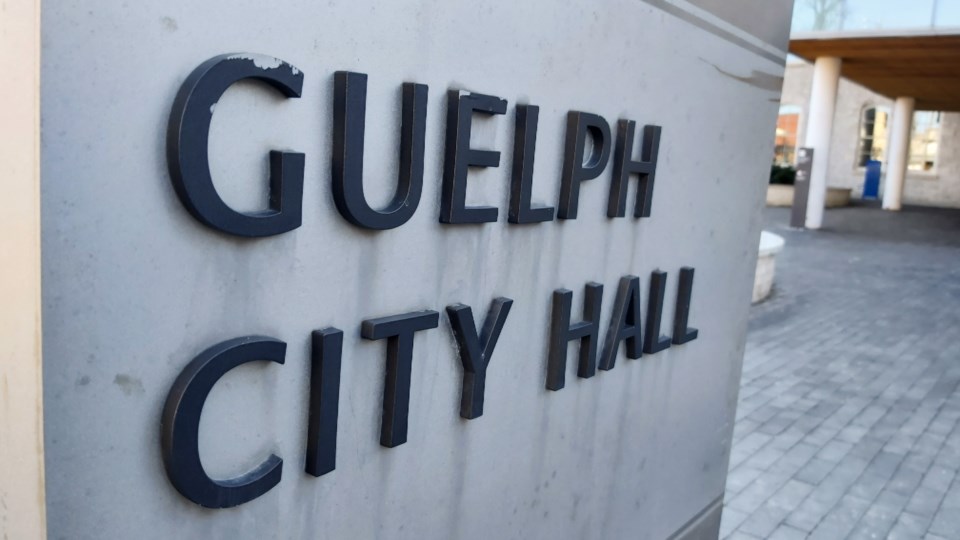Recent provincial changes to the Development Charges Act could leave Guelph $227 million short in revenue for crucial infrastructure and stall overall growth in the city, a new report says.
Development charges are fees municipalities collect from developers to cover infrastructure costs associated with residential and non-residential growth. For example, a developer building a house would help pay for the additional required services like new roads and sewers.
The provincial government recently introduced Bill 23, or the More Homes, Built Faster Act, which amended the Development Charges Act to limit the number of development charges Guelph can collect.
These charges are the primary revenue source to build infrastructure needed before homes can be built in the first place, and the legislative changes mean Guelph will have a $227 million gap in funding over the next 10 years, according to the Development Charges Background Study prepared for the city by a private consultant.
Of the $1.85 billion they expect to spend on infrastructure during that time, costs not directly growth-related will be covered by the tax base, rate revenue and other revenue sources.
But even so, with the shortage in developer fees, the report says growth related infrastructure will be deferred, which means housing will be built slower, and slower housing construction will exacerbate housing costs, the report says.
The city could take out a loan to help offset the gap and keep things moving, but it would only get $105 million before reaching its debt limit.
The study was required for the city to continue collecting charges every five years, according to provincial legislation. City staff will continue working on it over the summer, with the final proposed study set to be released in October of this year. The city’s development charges bylaw expires on March 2, 2024.
The preliminary report will be presented at a special council meeting at 7 p.m. on July 19, which will be live-streamed here.
